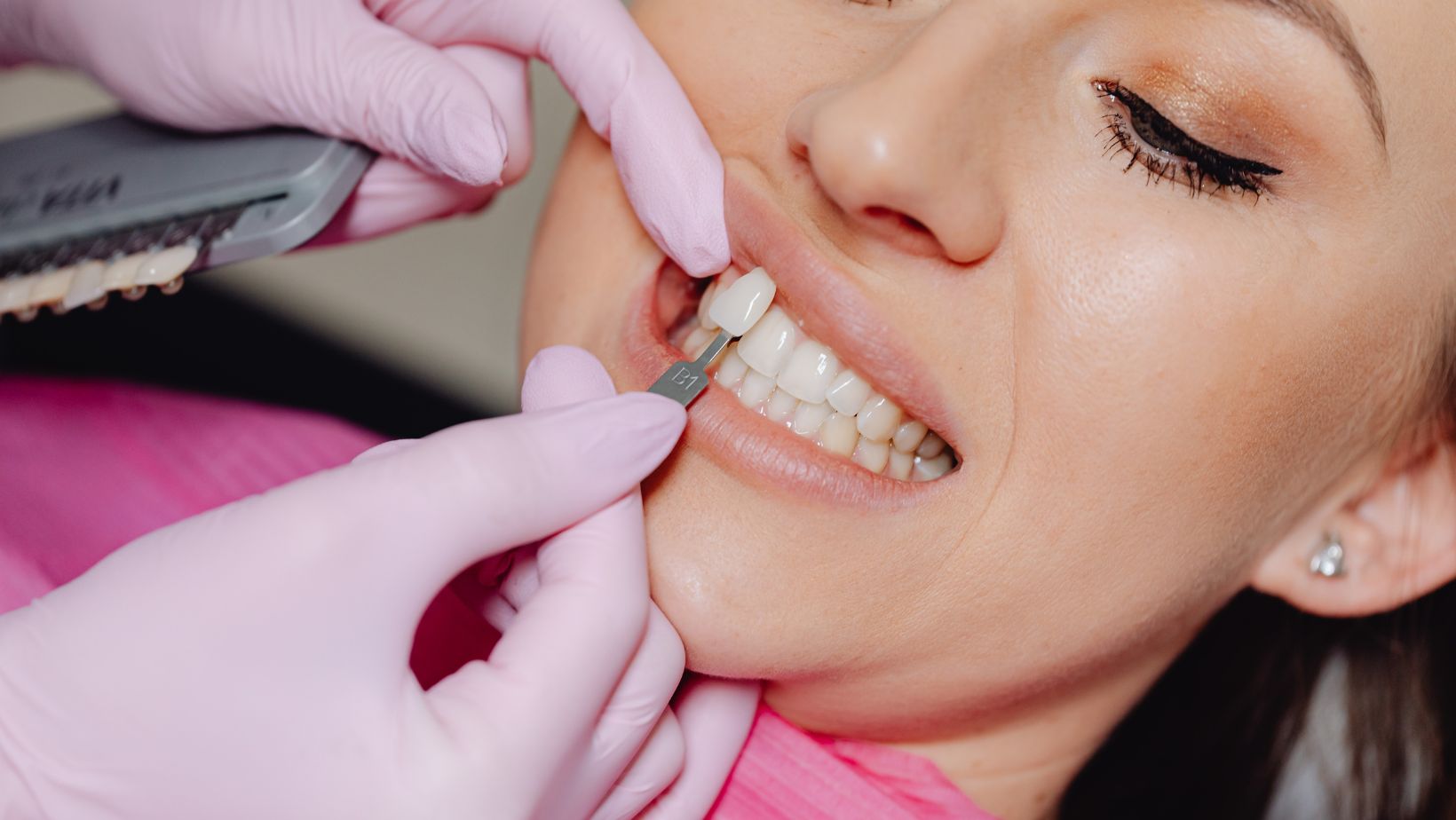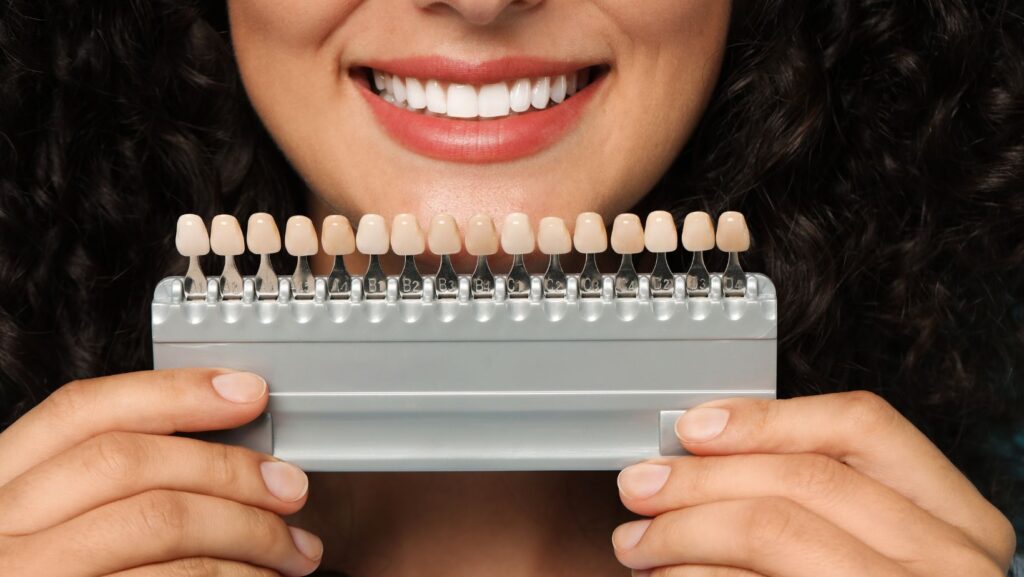Chipped, discolored, or misshapen teeth make it hard to feel confident and self-assured. Dental flaws don’t always interfere with your ability to eat and speak, but visible imperfections can hurt your self-esteem. Dental veneers have become a popular solution to common dental woes. They totally transform the look of your smile, so you can feel more excited to talk, laugh, or take photos.
Like any investment in your health and appearance, veneers need proper care. The good news is that most of the habits that keep veneers looking their best are the same ones that keep your natural teeth healthy. Read on to learn more about how dental veneers work and how you can keep them looking great for years to come.
What are veneers and how do they work?
Veneers are thin shells usually made of porcelain or composite resin. They’re designed to look exactly like teeth and are bonded to the front of your natural teeth to improve their appearance. Veneers don’t affect the functionality of your teeth – they’re a cosmetic solution to mask imperfections. Many people choose veneers to fix chips, close unwanted tooth gaps, or get the look of a bright smile when whitening treatments don’t work. They can be virtually undetectable when created by an experienced team. While resin veneers can be a great budget option, porcelain veneers are known for their durability and natural tooth-like appearance. They can last for up to 15 years with good care.1
How to care for veneers
Veneers aren’t susceptible to decay like the natural enamel of your teeth, but they can accumulate plaque, which may affect your teeth (under the veneers) and gums.

Here are some key habits to keep your veneers looking their best:
Maintain good oral hygiene
Brushing your teeth is important when you have veneers because plaque and bacteria can build up around the edges of the veneers. In the long term, accumulating plaque may lead to gum disease or cavities in the tooth beneath. Use a soft-bristled toothbrush and a non-abrasive toothpaste to brush your teeth twice a day. You can also use floss or a water pick to get rid of food particles and plaque stuck between your teeth.
Address teeth grinding or clenching
Teeth grinding or bruxism is linked to headaches, neck pain, jaw pain, and even fatigue. But for people who wear veneers, teeth grinding and clenching may mean cracked and damaged veneers. Over time, bruxism can cause chips and cracks or loosen them from the bonding. People who suffer from bruxism can talk to their dentists for insights and solutions. Wearing a custom night guard while you sleep is a simple way to protect both your veneers and your natural teeth from damage.
Avoid staining foods
Though porcelain veneers demonstrate excellent stain resistance, the bonding material that secures them to your teeth doesn’t have the same stain-resistant quality. Coffee, tea, red wine, and dark sauces can discolor the edges of your veneers and the nearby teeth, making the difference more noticeable. You don’t have to give up staining foods and drinks entirely, but try rinsing with water after enjoying them or using a straw when drinking darker beverages. These small steps help minimize contact with your veneers.
Avoid biting hard foods
Chewing on ice, hard candy, or even using your teeth to open packages can hurt your veneers. Just like natural enamel, they can crack or chip under too much pressure. Stick to cutting tougher foods like apples, carrots, or crusty bread into smaller bites. This reduces the strain on your veneers and keeps them intact for the long haul.
Lower your alcohol intake
Alcohol can weaken the bonding material that holds your dental veneers in place.2 Frequent drinking can make veneers more likely to loosen over time. People with veneers can benefit from limiting alcohol to special occasions. It’s also a good idea to try alternating with water as much as possible.
See your dentist regularly
Any kind of dental restoration, from a root canal crown to a dental implant, requires regular checkups. Veneers are no different. A professional once-over is the key to making sure your veneers and your natural teeth look as good as new. Your dentist may polish your veneers to keep them smooth and glossy, check for early signs of wear, and make sure the teeth beneath are healthy. Aim for a visit every six months, or more often if your dentist recommends it or if you’re prone to gum disease.
Cosmetic dentistry procedures like veneers can give your smile a total makeover. Practicing the right daily care habits extends their life and keeps them looking well-maintained for longer.

Ann is a beacon of inspiration and knowledge in the health blogging community, known for her holistic approach to wellness that combines mindful nutrition, balanced fitness routines, and mental health awareness. With a passion for empowering her readers to achieve their healthiest selves, Ann shares practical advice, easy-to-follow recipes, and personal anecdotes that make navigating the journey to wellness accessible and enjoyable.

